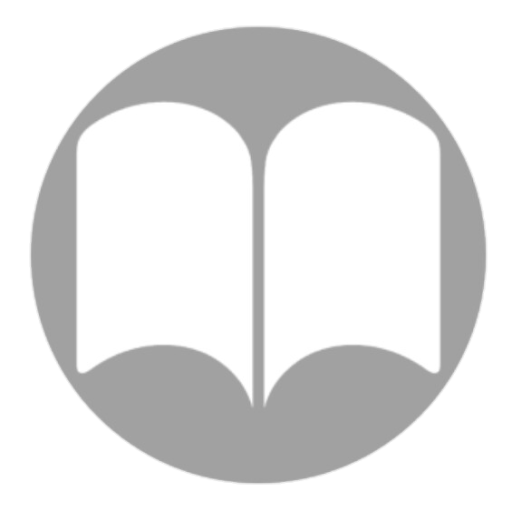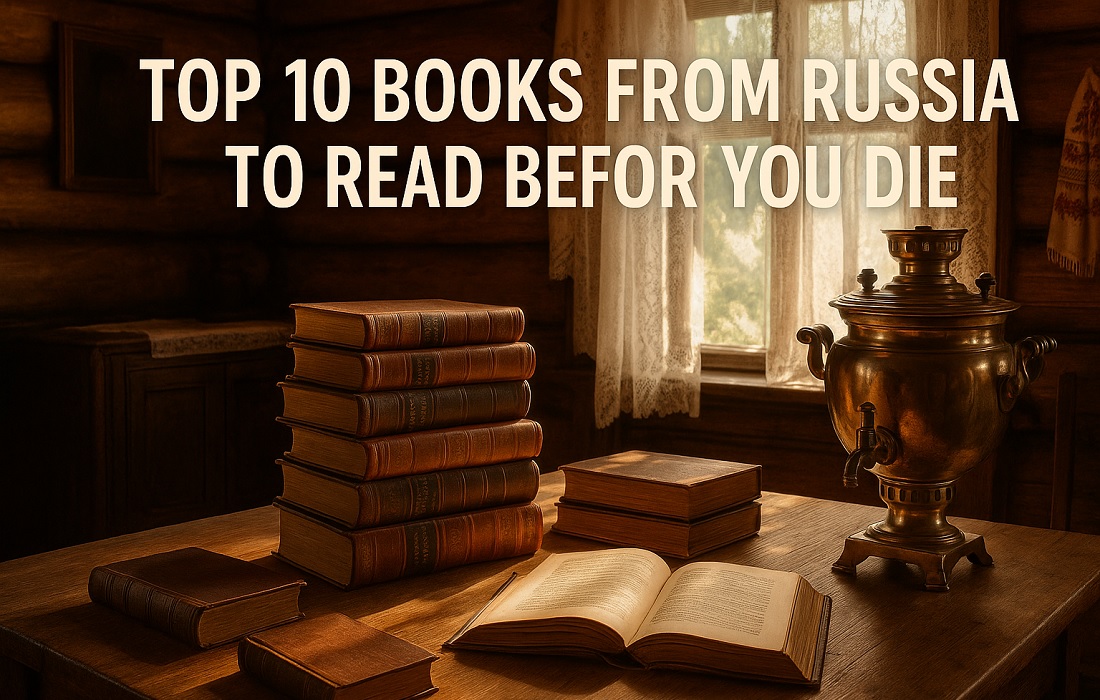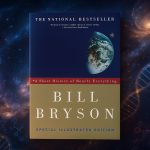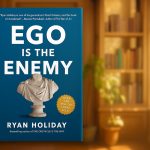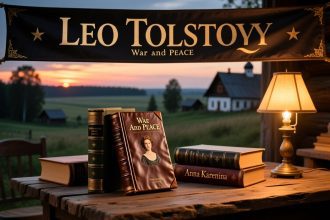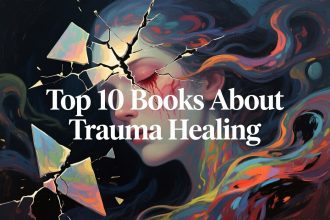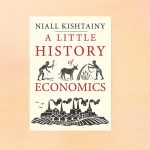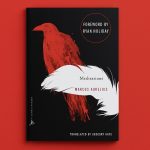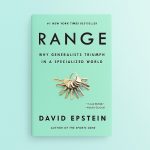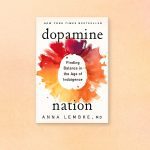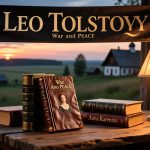Russian literature has given the world some of its most profound, challenging, and unforgettable works. From sprawling epics depicting entire eras to intense psychological novels delving into the darkest corners of the human mind, these books have shaped global literary discourse. They examine morality, love, faith, social upheaval, and the individual’s place in history-all with a depth and artistry that still captivates readers centuries later. The following Top 10 Books from Russia represent a curated journey through the Russian canon, balancing classic 19th‑century masterpieces with 20th‑century modernist and dissident voices.
Top 10 Books from Russia to Read Before You Die
1. War and Peace by Leo Tolstoy
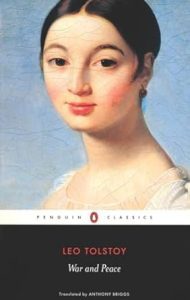
First published between 1865 and 1869, War and Peace is not merely a novel but an immersive world. Tolstoy’s monumental work follows several aristocratic families-most notably the Rostovs, Bolkonskys, and Bezukhovs-against the backdrop of the Napoleonic Wars. Pierre Bezukhov, Prince Andrei Bolkonsky, and Natasha Rostova navigate love, loss, and transformation as Russia itself grapples with destiny. The book blends intimate human drama with vivid historical panoramas, questioning fate, free will, and the meaning of life. Tolstoy masterfully alternates between grand battle scenes like Borodino and tender domestic moments, all while philosophizing on history’s forces. With over 500 characters, it captures the diversity of Russian society, from peasants to emperors. Its meditative epilogues explore how events shape human existence beyond heroics. Praised for its psychological insight and narrative ambition, War and Peace remains the gold standard for historical fiction. Reading it is a commitment, but one that rewards with unmatched emotional and intellectual richness-a tapestry of humanity itself.
2. Anna Karenina by Leo Tolstoy
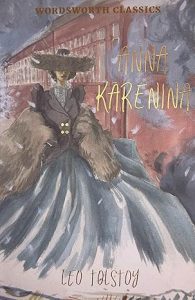
Tolstoy’s 1877 masterpiece opens with the immortal line, “All happy families are alike; each unhappy family is unhappy in its own way.” At its heart lies Anna, a beautiful, sophisticated woman trapped in a passionless marriage. When she meets the dashing Count Vronsky, their love affair shatters societal norms, leading to jealousy, alienation, and tragedy. Running parallel is the quieter, philosophical journey of Konstantin Levin, who wrestles with questions of faith, purpose, and moral integrity. Through these intertwined narratives, Tolstoy examines themes of love, family, fidelity, and the hypocrisy of high society. The novel captures Imperial Russia’s elegance and cruelty, revealing how rigid social codes can destroy lives. Its psychological realism-Anna’s inner turmoil, Vronsky’s pride, Levin’s spiritual seeking-cements its status as one of literature’s greatest character studies. A deeply human and morally complex work, Anna Karenina invites readers to weigh passion against duty, freedom against consequence, and the price of living authentically in a judgmental world.
3. Crime and Punishment by Fyodor Dostoevsky
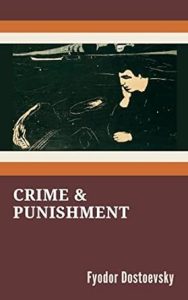
Published in 1866, Crime and Punishment is an intense exploration of morality, guilt, and redemption. The impoverished student Rodion Raskolnikov murders a pawnbroker, justifying it as a utilitarian act to benefit society. Yet his intellectual theory crumbles under the weight of his humanity. Haunted by conscience and pursued by the perceptive investigator Porfiry Petrovich, Raskolnikov spirals into paranoia and moral disintegration. Through his descent, Dostoevsky interrogates the idea of “extraordinary” individuals being above the law, the psychology of crime, and the necessity of confession for spiritual salvation. The novel’s St. Petersburg setting is oppressive and feverish, mirroring Raskolnikov’s mental state. Side plots-such as Sonia, the humble prostitute whose faith redeems him-deepen its moral texture. A cornerstone of psychological fiction, Crime and Punishment marries suspense with philosophical inquiry, forcing readers to confront uncomfortable questions about justice, morality, and the human capacity for change.
+ Top 10 Books by Fyodor Dostoevsky
4. The Brothers Karamazov by Fyodor Dostoevsky
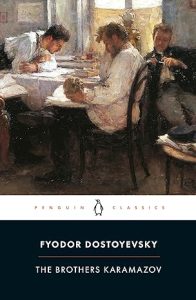
Dostoevsky’s final novel (1880) is both a murder mystery and a profound spiritual quest. The patriarch Fyodor Pavlovich Karamazov is a corrupt, lecherous man whose three sons embody different philosophical paths: Dmitri is passionate and impulsive; Ivan is intellectual and skeptical; Alyosha is devout and compassionate. When their father is murdered, suspicion falls on Dmitri, but the true conflict lies in their moral and theological debates. The famous “Grand Inquisitor” chapter distills Dostoevsky’s meditation on free will, faith, and human suffering. With courtroom drama, family tragedy, and philosophical depth, The Brothers Karamazov addresses the eternal struggle between belief and doubt, love and hatred, justice and mercy. Widely hailed as one of the greatest novels ever written, it captures the human search for meaning in a fractured moral universe.
5. The Master and Margarita by Mikhail Bulgakov
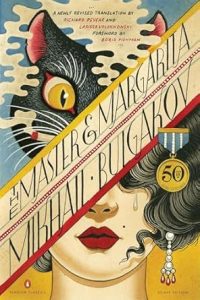
Written during the Stalinist era but published posthumously in 1966–67, The Master and Margarita is a genre‑defying blend of political satire, magical realism, and theological fable. The Devil arrives in 1930s Moscow disguised as “Woland,” accompanied by an assortment of supernatural companions, including a giant talking cat. Their anarchic antics expose greed, cowardice, and corruption in Soviet society. Interwoven is the story of the Master, an author persecuted for his Pilate‑and‑Christ novel, and Margarita, whose love crosses supernatural boundaries to save him. By juxtaposing fantastical chaos with a retelling of Christ’s trial, Bulgakov crafts a profound meditation on truth, courage, and artistic freedom under tyranny. With biting humor and surrealist imagery, the novel celebrates the power of love and integrity against oppressive forces. Its enduring cult status comes from its audacity, wit, and refusal to be pinned down to a single interpretation.
6. Doctor Zhivago by Boris Pasternak
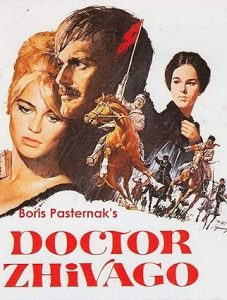
A sweeping romance and political saga, Doctor Zhivago (1957) follows Yuri Zhivago, a poet‑physician, through the upheavals of the Russian Revolution and Civil War. Torn between his devoted wife, Tonya, and his passionate love for Lara, Yuri’s personal struggles mirror a country in turmoil. Pasternak’s prose, rich with nature imagery, explores the tension between private happiness and collective history. Suppressed in the Soviet Union for its criticisms of Bolshevik policies, it was first published in Italy, leading to Pasternak’s Nobel Prize in Literature in 1958 (an honor he was forced to decline). Much more than a love story, the novel reflects on the resilience of the human spirit, the compromises dictated by ideology, and the cost of revolutionary change. Its lyrical style and moral courage make it one of the defining works of 20th‑century Russian literature.
7. The Gulag Archipelago by Aleksandr Solzhenitsyn
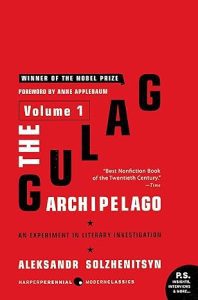
An unflinching chronicle of the Soviet forced‑labor camp system, The Gulag Archipelago (published in 1973) combines memoir, oral history, and political indictment. Drawing from his own imprisonment and testimonies from hundreds of former prisoners, Solzhenitsyn exposes the machinery of terror that sustained Stalin’s regime. The work spans arrests, interrogations, transport in “prison trains,” and the inhuman conditions of the camps, interwoven with philosophical reflections on power, morality, and survival. Though banned in the USSR, it circulated underground and abroad, profoundly impacting global perceptions of Soviet communism. Its meticulous detail and moral force contributed to the eventual delegitimization of the Soviet system. More than historical documentation, it’s a testament to the endurance of truth against systemic oppression, urging readers to resist complicity in injustice.
8. Dead Souls by Nikolai Gogol
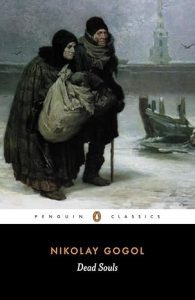
Although technically unfinished, Dead Souls (1842) remains one of Russian literature’s sharpest social satires. Chichikov, a mysterious middle‑ranking bureaucrat, travels the countryside buying the “souls” of deceased serfs still listed on tax rolls-a legal loophole he exploits for financial gain. Through his encounters with various landowners, Gogol draws a grotesque yet hilarious portrait of provincial Russia’s greed, vanity, and absurdity. Beneath the humor lies a darker moral fable about moral emptiness and corruption. Gogol’s blend of the surreal and the mundane influenced generations of Russian writers, from Dostoevsky to Bulgakov. Intended as part of a Dante‑inspired trilogy, the work ends abruptly, yet its vivid characters and satirical bite secure its place among the classics.
9. Fathers and Sons by Ivan Turgenev
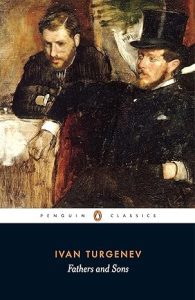
Published in 1862, Turgenev’s Fathers and Sons sparked fierce debate in Russia for its portrayal of “nihilism,” a radical rejection of authority and tradition. The young medical student Bazarov embodies this philosophy, clashing with the older generation, particularly his friend Arkady’s aristocratic father. As love, illness, and mortality intrude, Bazarov’s certainties falter. Turgenev’s balanced narrative gives dignity to both youthful rebellion and mature reflection, making it not just a political novel but a timeless study of generational change. Its graceful prose and understated emotional force make it an indispensable entry point into Russian realism.
10. The Idiot by Fyodor Dostoevsky
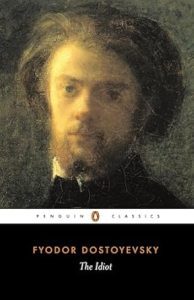
Dostoevsky’s The Idiot (1869) introduces Prince Myshkin, a man of childlike goodness returning to Russia after clinical treatment abroad. His innocence, honesty, and refusal to engage in petty intrigue unsettle the corrupt society he reenters. Myshkin becomes entangled in a tragic love triangle with the radiant but self‑destructive Nastasya Filippovna and the jealous Rogozhin. Dostoevsky intended Myshkin as a “positively good man” akin to a Christ figure, testing whether such a person could survive in the real world. The novel’s emotional intensity, moral questions, and psychological complexity cement it as one of the most moving works in world literature-a portrait of purity crushed by cynicism.
Conclusion: Top 10 Books from Russia
These Top 10 Books from Russia chart the vast terrain of Russian literature-from 19th‑century realism’s moral and psychological explorations to modernism’s bold experimentation and dissident literature’s moral witness. They invite readers into worlds of sweeping historical drama, intimate emotional struggle, biting social critique, and philosophical reflection. Reading them is not just an immersion in Russia’s literary heritage-it’s an encounter with the universal human condition in all its contradictions and possibilities. Each page offers the chance to think more deeply about love, justice, belief, and what it means to live a meaningful life.
Engage with Us: What Are Your Favorite Books?
